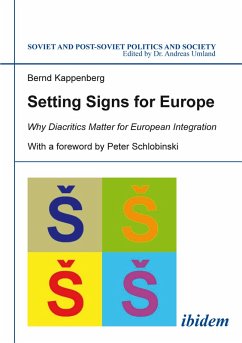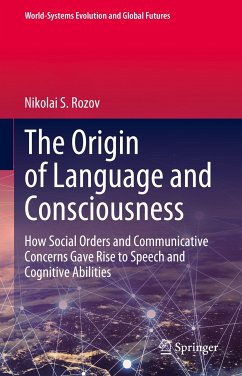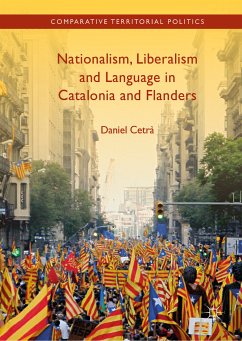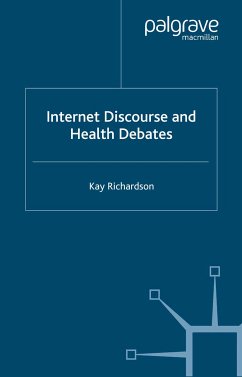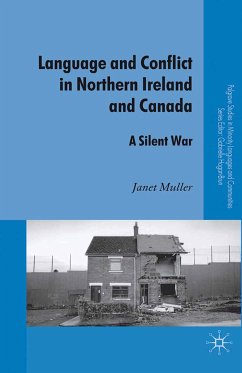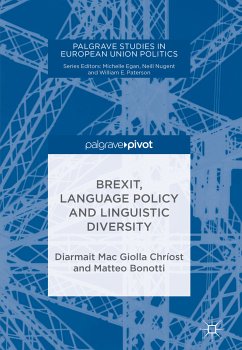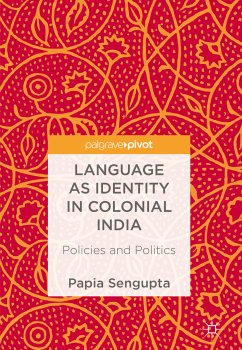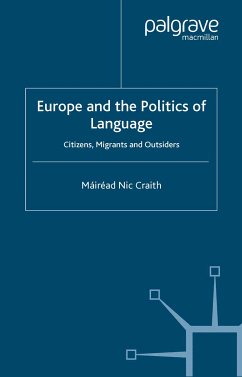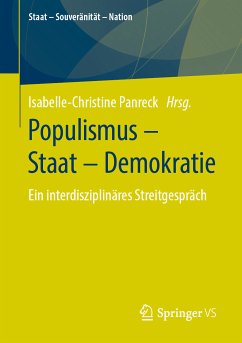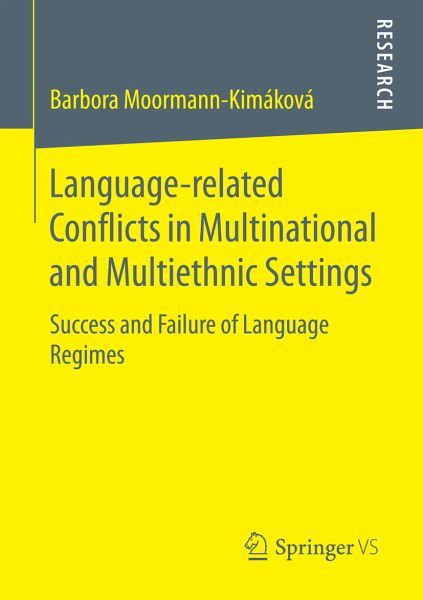
Language-related Conflicts in Multinational and Multiethnic Settings (eBook, PDF)
Success and Failure of Language Regimes
Versandkostenfrei!
Sofort per Download lieferbar
40,95 €
inkl. MwSt.
Weitere Ausgaben:

PAYBACK Punkte
20 °P sammeln!
In this book, Barbora Moormann-Kimáková analyses the possibility of finding an optimal language regime in multinational and multiethnic countries - either by defining the contents of an optimal language regime, or with the help of a criterion enabling to evaluate whether a language regime is optimal or not. The process of the selection or change of a language regime often becomes a matter of a language-related conflict. These conflicts are mostly accompanied by other political or social conflicts, as for example in Ukraine or former Yugoslavia, which render solutions - and their evaluation -...
In this book, Barbora Moormann-Kimáková analyses the possibility of finding an optimal language regime in multinational and multiethnic countries - either by defining the contents of an optimal language regime, or with the help of a criterion enabling to evaluate whether a language regime is optimal or not. The process of the selection or change of a language regime often becomes a matter of a language-related conflict. These conflicts are mostly accompanied by other political or social conflicts, as for example in Ukraine or former Yugoslavia, which render solutions - and their evaluation - difficult. The author claims that language regimes can be evaluated based on the increase or lack of their legitimacy in the eyes of the relevant actors. This is demonstrated in four language regime studies on the European Union, Soviet Union, Bosnia and Herzegovina, and South Africa.
Dieser Download kann aus rechtlichen Gründen nur mit Rechnungsadresse in A, B, BG, CY, CZ, D, DK, EW, E, FIN, F, GR, HR, H, IRL, I, LT, L, LR, M, NL, PL, P, R, S, SLO, SK ausgeliefert werden.



